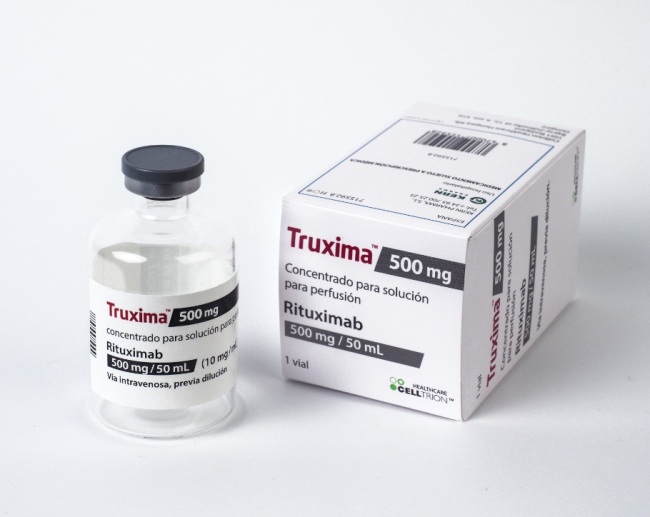Bio
Celltrion Healthcare’s operating profit down 47% in H1
[THE INVESTOR] Celltrion Healthcare, the marketing unit of biosimilar developer Celltrion, posted a 47 percent dip in first-half operating profit, hit by increased competition and lower selling price of its flagship Remsima in Europe.
According to its regulatory filing on Aug. 29, operating profit in the six months was 23.6 billion won (US$21.23 million), compared with 44.6 billion won a year earlier. Sales rose 8.4 percent to 312.1 billion won.
Given that the sales of its first biosimilar Remsima account for over 40 percent of the outstanding sales, it is the key source of revenue but improvement in product mix with Truxima and Herzuma will create better business performance in the coming quarters, it said.
Here are the factors that affected the company’s bottom line.
 |
Related: Celltrion to seek EU approval for Remisma SC version by year-end
Have Remsima sales started declining?
The company attributed the decline of operating income to the increasingly fierce competition in Europe.
Remsima, a copy version of Johnson & Johnson’s Remicade, is facing downward pressure on price to compete with the original drug as well as other biosimilar products that reference Remicade, including Samsung Bioepis’ Flixabi and Sandoz’s Zessly.
“The price of Remsima went down compared to when it was launched five years ago, as the originator biologic drug also cut down its price. We don’t expect further discounts down the road,” a spokesperson of Celltrion Healthcare told The Investor.
Analysts here said Celltrion Healthcare plans to revise its distribution contracts with European partners to set a floor price for Remsima. So the lowest price of Remsima will be 30 percent off the original therapy’s list price before it lost the patent.
The US market also weighed down profit in the period because it didn’t ship Remsima to the US in the first six months of this year.
“It’s a contract matter with our partner (Pfizer). Remsima will be shipped to the US in the third or fourth quarter this year, unlike last year when we did it in the second quarter,” the official said.
Product portfolio diversification
The arrival of Celltrion’s new products Truxima and Herzuma to the global markets, has led the company to wean off its dependency on Remsima which used to generate 80 percent of its revenue.
According to the firm, sales of Remsima, Truxima and Herzuma accounted for 44 percent, 14 percent and 12 percent of total sales, resectively, in the first half of this year
Especially in the European markets, Truxima has taken away 27 percent market share of its reference drug Roche’s Rituxan. The pace of market penetration is faster than Remsima which has taken away over 50 percent of the market from Remicade, according to the firm.
“Considering Truxima is in its first year of launch, it is expected to play a bigger role in pulling earnings when exports gets in full swing after hitting the US and other European countries,” the official said. Celltrion expects that it will receive US marketing authorization for Truxima and Herzuma before the year-end.
New overseas units
Celltrion Healthcare’s key initiatives this year have been to expand its footing in emerging markets and building direct sales networks to reduce retail costs and improve operating margin.
In the half-yearly financial report, the company reported that it set up new units in the US, Netherlands and Australia in the January-June period.
“The weak earnings were partly due to increased expenditure on salaries and sales management costs to establish overseas direct sales system,” the company said in a statement.
To go beyond major pharmaceutical markets like the US and Europe, it completed the establishment of its subsidiary in Colombia, which will be responsible for the sales of the biosimilar products in South America.
For the Asian market, Celltrion Healthcare is pushing the implementation of a direct sales model instead of hiring local distribution partners for products.
“The focused area for the direct sales strategy execution is Asia where we can increase efficiency by selling drugs ourselves due to proximity,” the official said.
Sun Min-jung, an analyst at Hana Financial Investment said that Japan, the second-largest market for Remsima, will be the first target for the company’s aggressive promotion to offset decreasing drug prices.
By Park Han-na (hnpark@heraldcorp.com)








